Susan and Nina have long believed that projects like Pop It! (www.popittv.ca), Bopstars and Sophie Says (www.biggrinshouse.com), encourage kids to follow moves and words and give kids a fun physical and mental workout. Kids can learn self-regulation as well as dance steps or languages. Pop It! has a cool version of “Head & Shoulders” which is a very popular dance-along song on TV and in live shows.
Kids seem to relate very well to our live action kid hosts
See article below Published in the Toronto Star On Wed Jul 20 2011:
Simon Says, do better at school. Trish Crawford. Living Reporter
Shannon Wanless knows the importance of playing follow-the-leader games.
She frequently has her two children, Maryella, 4, and Charlie, 2, playing Head-Toes-Knees-Shoulder at her local park. As she sings a little song and points to parts of her body, the children follow suit.
Wanless, an expert in human development, is honing their self-regulation skills — the ability to remember, follow instructions, concentrate and make decisions — that will help them succeed in school later.
The educator’s study of 800 preschool children in four countries found that whether in Taiwan, China, South Korea or the U.S., children who could master the Head-Toes-Knees-Shoulder game had better early math and literacy scores.
“The universality of these skills is amazing,” says Wanless. “Although there were differences in classrooms and parenting, scoring better on this task helped children do better, no matter what the environment.”
No-cost games such as Red Light, Green Light and Simon Says present a great opportunity for educators and parents to help prepare young children for the rigors of later learning, she says, especially for at-risk children. The study is titled Preschool-age kids in different countries improve academically using self-regulation game.
“If we can help them improve their self-regulation skills, they will do better in school,” says Wanless, “It’s available to all and it’s fun and it’s fantastic to see kids having fun.”
The study published in June in the journal Psychological Assessment was co-authored by Megan McClelland, an associate professor of human development and family science at Oregon State University. Wanless, her former graduate student, has since been appointed associate professor in the University of Pittsburgh’s College of Education.
The study of self-regulation as a doorway to academic success is a growing field, says Wanless, with the Head-Toes-Knees-Shoulder game being increasingly seen as a way to instill this in preschoolers.
McClelland, who plays Red light, Green light with her own toddler, says the study’s game increased in difficulty with children instructed to do the opposite, to stop, remember and pay attention.
“They say, are you trying to trick me,” laughs McClelland, “You can see their minds working, and then we add more and more.”
The part of the brain that controls self-regulation is often referred to as the “executive function” of the brain, she says, and the early training of these repetitive memory games means the child learns that when things get difficult — such as memorizing mathematical tables — “They say, I can do this. They don’t give up.”
McLelland has just received a $1.6 million grant from the U.S. Department of Education to do a four-year study to evaluate and refine the Head-Toes-Knees-Shoulder game that could be used by educators to find out if students are prepared for school. It is being heralded as a possible early intervention technique to bring children from disadvantaged backgrounds up to the level of their peers.She will be testing the game at an Oregon Head Start program, which promotes school readiness.
Toronto teacher Erinn Clark, currently on maternity leave, has seen the importance of these types of instructional game in both the classroom and at home.
As a French immersion teacher, Clark has used Simon Dit (Simon Says) to improve students’ vocabulary and help them follow instructions as well as give them a chance to be the leader of the game.
At home, it’s the Head-Toes-Knees-Shoulder game, in French because she wants her two children, Sayako, 4, and Gemma, 22 months, to have good French language skills.
“As a teacher, I know it is important but it is also fun. It’s all about building relationships, and seeing mom and dad play, too.”
She was interested in hearing about the “opposite” game played by researchers as “all of a sudden, the brain says, what’s going on here,” she says, adding she plans to use this new technique in class.
Georgia Bowen, an early childhood educator whose has run the Creative Preschool for 34 years, says the pendulum is swinging back to recognizing the importance of play in early learning.
Doing a game in a group helps all children learn the skills but especially those “who might have to see it go around a few times before getting the concept,” says Bowen. It is also a great way to get shy children involved.
“A game is a great time to enter the social milieu. It’s a bit of a cushion.”
It is important for parents to turn off the television and video games and play with their children, says Bowen.
“Children need to spend time with parents, teachers and each other. An organized game to play is wonderful.”
It’s as easy as Simon Says.
tcrawford@thestar.ca
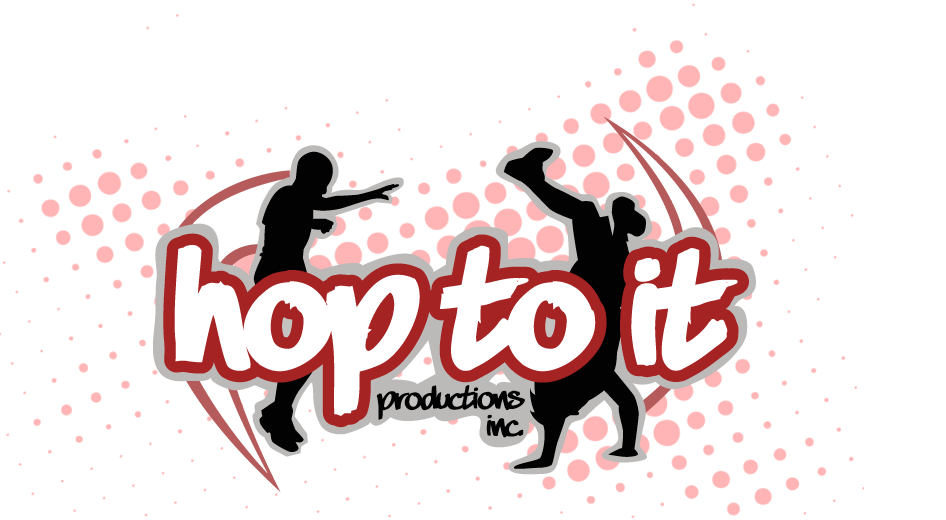

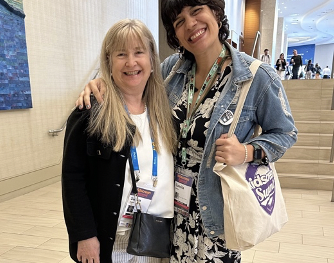

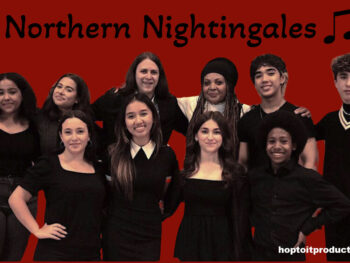

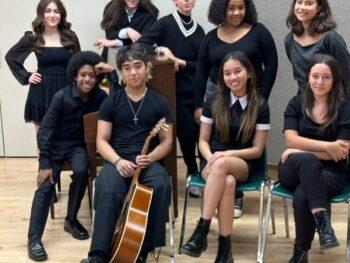



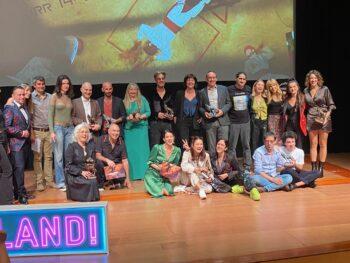

Leave a Reply